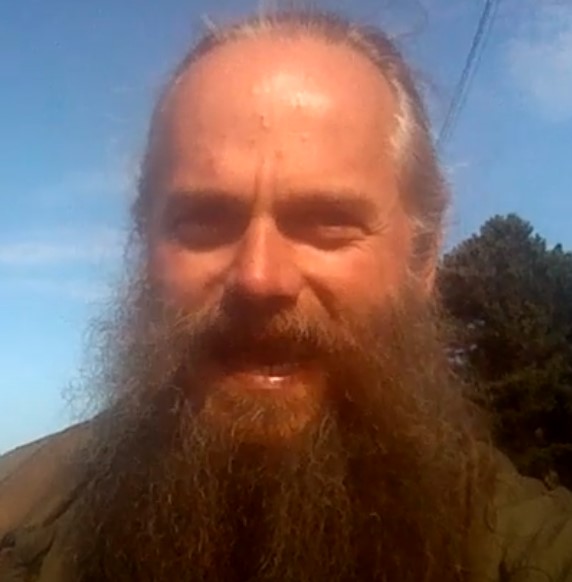Just because you don’t except, receive, spend, or even touch money doesn’t mean you live without it. A Canadian man has gone decades without his own money. He doesn’t work and doesn’t have any appreciable possessions. How does he live? Off the kindness and money of others. In my view he’s a hypocrite by letting anyone pay for anything on his behalf.
For most of us, such questions would remain a thought experiment absent a major reorganization of civilization and the global economy. But, motivated by reasons more pure than stress relief, Johnston ditched money almost two decades ago, and he says there’s no going back.
His last purchases—beer, cigarettes, pot—occurred 18 years ago, he says, on his 31st birthday. He claims he hasn’t spent any money since. It’s true, his friends have told me. No money at all.
David Shebib, who befriended Johnston after testing his integrity—he offered Johnston $20—has provided a room for him to sleep in at times in the various houses he’s rented over the years. He says Johnston refuses to even touch money. “People can’t give him money to give to me,” he says. “He won’t take an envelope from me with money in it to give to somebody else.”
capitaldaily.ca
He has written a book that someone else paid for.
He cannot necessarily travel to visit friends, though he did manage to take one cross-country hitchhiking book tour in 2012. (Shebib spent $3,000 to get about 200 copies of the book made.)
capitaldaily.ca
He has a YouTube channel that is paid for by taxpayers, because he uses public computers at the library, and advertising sold by Google (Google gets any revenue his channel brings in).
The library, when it’s not coping with a pandemic, has computers and internet for public use.
capitaldaily.ca
From time to time he stays at friends houses, paid for by friends, or at homeless shelters, paid for by taxpayers.
Until recently, he was using an old computer at Shebib’s house, where he stayed for nearly a year.
capitaldaily.ca
He has an HTC Android phone given to him by a friend who paid for a new phone and gave him his old one. You can’t charge your phone without access to an outlet. Most likely he’s using those at the library or some other public building. The electricity is paid by taxpayers. He uses WiFi, undoubtedly paid for by taxpayers if he access from the library, or by private companies that provide WiFi to their customers.
For the past seven years, he’s been using an Android HTC phone that a friend who’d upgraded gave him. “It was like being given an Iron Man suit,” he says. He doesn’t have cell service for it, though, so he can’t reliably use it for calls, but as long as he’s hooked into Wi-Fi, he can get onto the internet and send messages.
capitaldaily.ca
He has a utopian vision of a world without money.
On the grounds of St. Ann’s, Johnston rolls a cigarette and looks around at his former home. The city could turn this entire place into a garden, he tells me. “It could say, ‘Here’s the gardener tent city—you’ll never have to pay rent again, just put ten hours a week into planting food everywhere.’ But we can’t do that, because self-sufficiency is economic collapse. You can’t have self-sufficiency and money in the same place. Because money needs dependence. And if you don’t depend on money, you’re not going to voluntarily want to be dependent on money.”
capitaldaily.ca
Money is an artificial construct by man to represent some unit of value. Money in the form of paper, coins, cryptocurrency, chickens, or bartered labor, is still money no matter how you slice it. The world he thinks can exist ignores human nature. Humans trade. We trade something we have for something we want. That trade regardless of what it traded is a form of money.
This man is simply a homeless wishful thinker living off the goodness of his fellow man.
